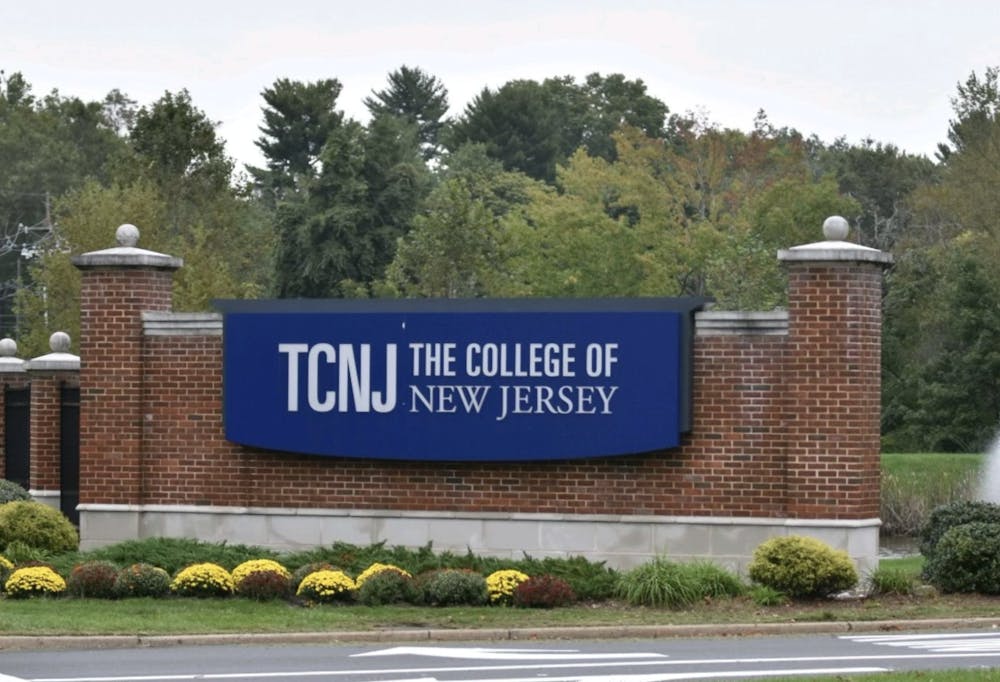By Nicholas Steinhauser
Staff Writer
There are many graduate programs offered at the College that give students more experiences here on campus. These can include academic opportunities with their departments or leadership experiences with undergraduates. What people might not know is how these graduate programs change students’ involvement on campus.
As a graduate student at the College, one can usually expect to be busier during the day due to more demanding coursework and a tight job schedule. Since many of these graduate students have already been with the College for four years, they usually know the Ewing area quite well and have been able to get important jobs pertaining to their field. Their course classes tend to be tailored to usual work-hours, and thus usually take place during the evening.
Due to these busy class and occupation hours, it can be difficult for graduate students to stay involved in campus clubs and activities. While all clubs (with the exception of Greek life) allow graduate access, it is difficult for many graduate students to stay involved and attend meetings, so they often just try to stay involved in the clubs of utmost importance to them (usually pertaining to their career interests).
“Graduate coursework is pretty similar to undergraduate coursework, but the classes and scheduling are kind of tailored for people who work,” said Victoria Kerins, an English master’s student. “Campus events conflict with our schedule because classes are usually pushed in the evening hours, making it harder for some graduate students to stay involved.”
Commuting can also be a major factor impacting graduate involvement. Many graduate students have their own place off-campus, making it inconvenient for them to commute late at night just for a club meeting. Involvement in clubs is also more tailored to undergraduates, so it is usually fairer for the graduate students to take a back seat and let the younger students shine.
Since undergraduate students are new to campus, it is better for them to get involved and meet new people. The graduate students have already gone through these club experiences, making it fairer to let the undergraduates be more involved in these organizations.
This does not mean that graduate club involvement is impossible, as it just requires making the time to pursue it.
Vanessa Seidner, a public health master’s student, commented on her club involvement on campus.
“I’m really happy to be here and continue my involvement through clubs and organizations and just being an involved member of my campus community,” Seidner said. “Through being a graduate student, I will continue to foster these connections at not just these clubs, but also on a faculty and professional level.”
While usually less involved with extracurriculars, graduate students may be more involved in terms of networking and professionalism on campus. As many have four years of experience at the College under their belts, graduate students have often made the connections between fellow students and faculty that undergraduates are still trying to foster.
Working closely with faculty helps graduate students develop relationships that will benefit them in the graduate program and beyond. Many graduate students at the College have a job under their department major, which is due to their involvement and connections with the faculty.
“The coolest part about being a graduate student at the College is having the opportunity to work at a professional level through a graduate assistantship in addition to being a student,” said Avina Sharna, an English master’s student and a graduate assistant for the School of Education.
Not only do these department-based jobs give graduates the opportunity to dive early into their field of interest, but they also help pay for their tuition.
Although it may seem daunting for graduate students, the best way to have fun in their extra year is to maintain a healthy work-life balance and continue developing new skills and relationships that can grow in the future.
Completing undergraduate school often leads to more professional treatment by the faculty. The graduate course load reflects that, as it requires more critical thinking and a deeper knowledge of the skills cultivated in undergraduate years.
“Undergraduate and graduate are two very different experiences in both coursework and social life,” said Kerins. “They are engaging, challenging and exciting, but in their own ways.
She added, “Undergraduate is a great way for you to delve in your interests and meet new people; graduate school has you using what you learned from undergraduate and being involved in a tight-group with more professional experiences.”
Anyone interested in pursuing a graduate degree at the College should know that despite the differing opportunities from undergraduate time, the new experiences that stem from it can lead to professional and work accomplishments that prompt a head start in a career and foster lifelong bonds.







